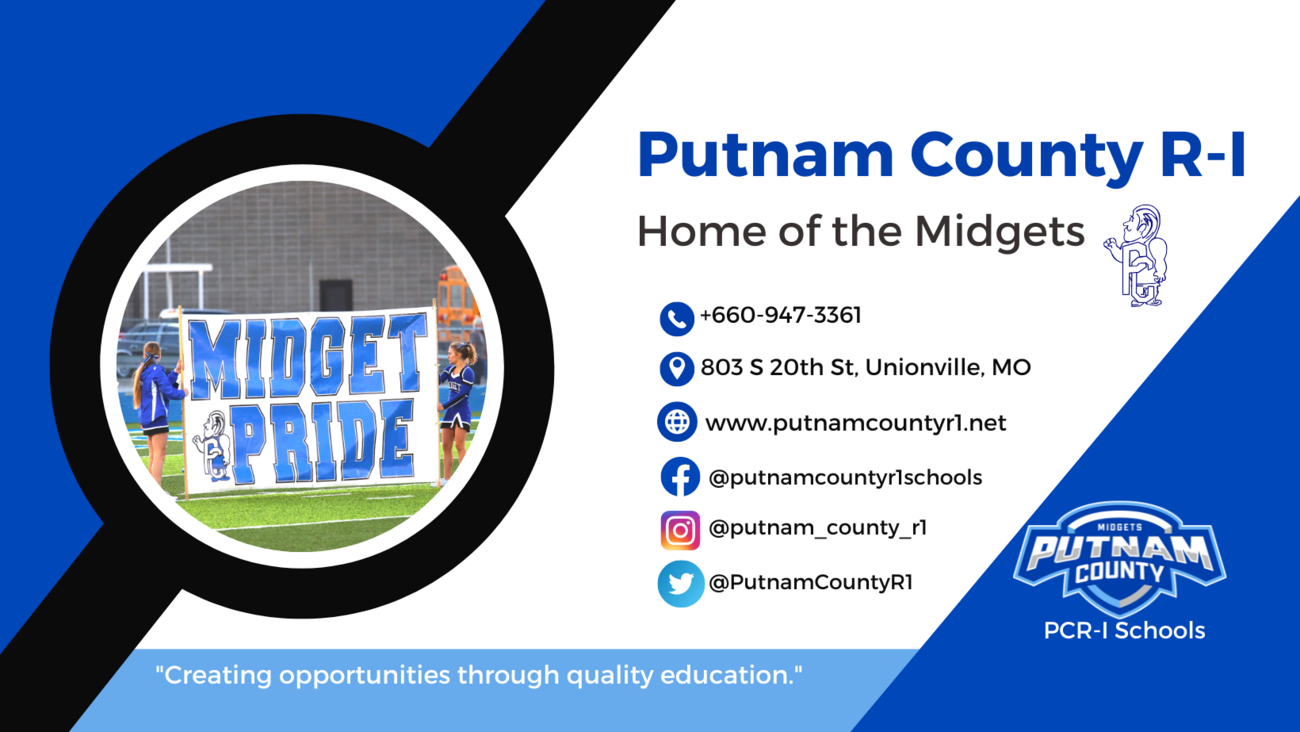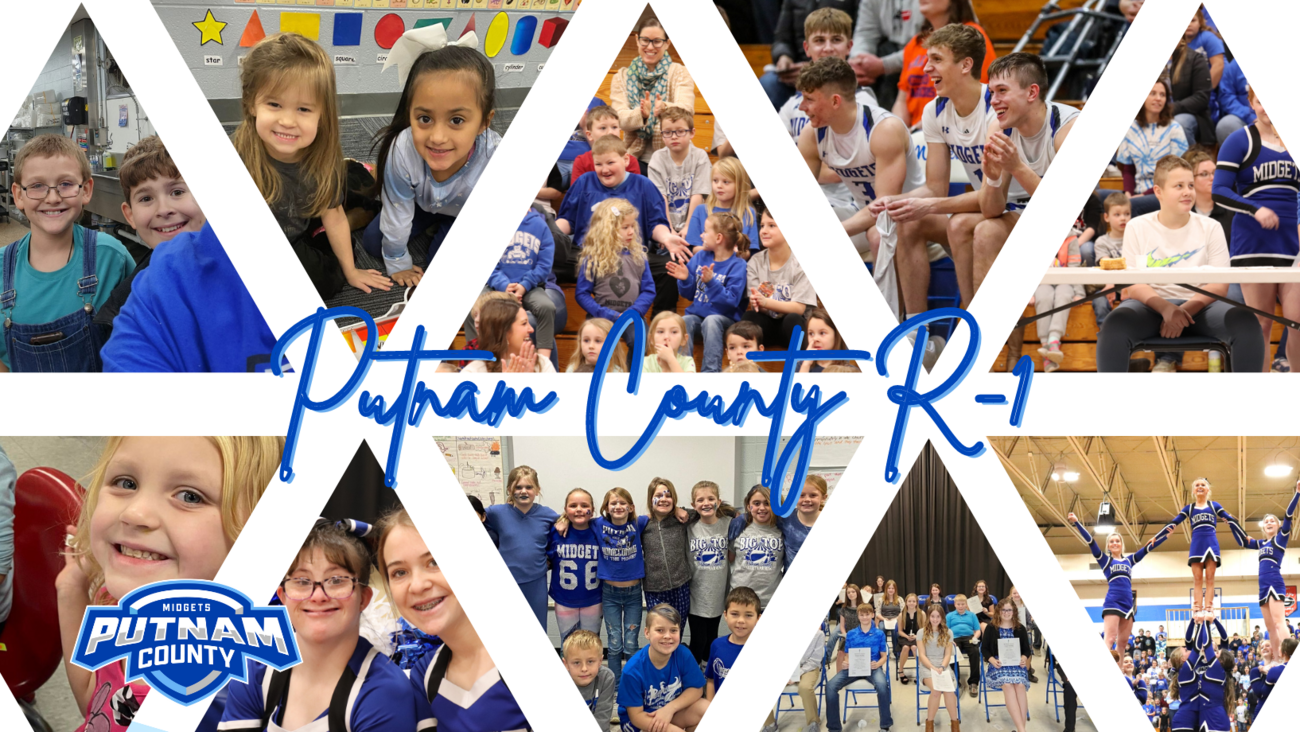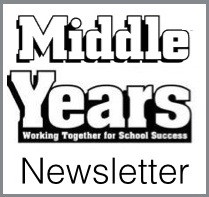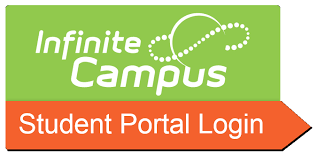Middle Years Newsletter: March 2020
Middle Years Newsletter February 2020
Illustrated notes: Your middle schooler has probably heard the phrase “A picture is worth a thousand words.” It’s good advice that she can apply to note-taking. Suggest that she incorporate sketches into her notes. She’ll include more detail in a shorter amount of time, and seeing a drawing may help her remember the information more easily.
Let your child be himself: Your tween is likely to face disappointments that you went through at his age, like not making a team or the end of a friendship. Listen to his feelings before sharing yours. He may have a different reaction than you did, and taking cues from him will let him process the experience in his own way.
DID YOU KNOW? In a disturbing trend, more tweens and teens are “cutting”—meaning they’re cutting their skin in an effort to “feel something” and cope with overwhelming emotions. Signs of this include small, straight cuts on the arms and legs or wearing long sleeves and pants on hot days. If you see any evidence of cutting, call your child’s doctor right away.
Worth quoting “Deal with the faults of others as gently as with your own.” Chinese proverb
Just for fun Q: I have a tail but no head. What am I? A: A kite!
Responsibility All Around: Taking care of what needs to be done lets your middle grader accomplish his goals and be a good citizen. Help him become more responsible in these key areas.
Self: Encourage your tween to take responsibility for his actions rather than blaming others. Say he gets a low quiz grade and complains that the teacher didn’t explain the material clearly. Ask what he could do the next time he doesn’t understand something. He might raise his hand or talk to the teacher after class. He’ll learn that he’s in charge of his own success.
Others: Have your middle grader find a way to follow through on his responsibilities to others. He could use his planner, a calendar, or an electronic alert to remind himself about his drama club fundraiser or his weekly video call with his grandparents. Then before he makes new plans, he should check to see if he’s available.
Community: A responsible community member obeys laws and takes care of shared property. Look for opportunities when you’re out together. While driving, you might point out how you move over when you pass a cyclist. Or at the grocery store, your tween could return a cart someone left in the middle of the lot so it doesn’t dent a car.
Ready For Standardized Tests:
Springtime brings warmer weather—and, for your middle schooler, standardized tests. Help your child prepare with these tips. ■ Know the dates. Ask your tween to print out two copies of the testing schedule and highlight the tests she will take. She could post one copy on the refrigerator (so you’re in the loop) and keep the other copy in her backpack. ■ Be supportive. Tell your middle grader that you know she’ll do her best. Offer to look over her completed practice tests. Remind her to pack sharpened pencils with erasers, and a water bottle and healthy snack if permitted. ■ Keep it in perspective. Encourage her to take the tests and any practice tests seriously—but not to stress. Remind her that the results are only one measure of her performance in school.
Nutrition for my tween
■Question: My son is always hungry, and it seems like he eats constantly. Unfortunately, he doesn’t always make the best choices. What should I do?
■Answer: Your child is growing faster than at any other time since infancy, so it’s normal for him to feel hungry. Since your son is likely to reach for what’s most readily available when his tummy rumbles, stock up on snacks that are nutritious and filling. Examples include Greek yogurt, nuts (if he’s not allergic), hummus, avocados, lean turkey slices, and bananas. Also, busy tweens may be tempted to skip breakfast, but a healthy morning meal will keep him full until lunchtime. A complete breakfast might include eggs, whole-wheat toast, fruit, and a glass of fat-free milk. Help him plan his meal the night before—or he could meet friends for a nutritious breakfast at school.


.png)
%20(1300%20%c3%97%20732%20px).png)
.png)
.png)

%20(2).png)

%20(1).png)

 Launch the media gallery 1 player
Launch the media gallery 1 player.png)

